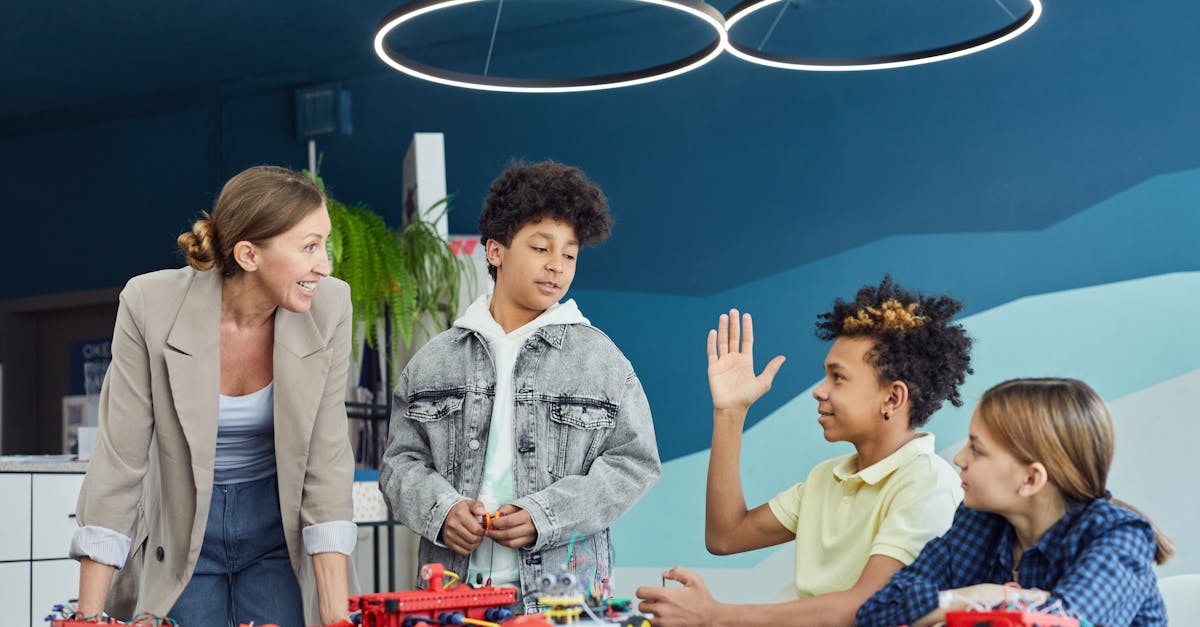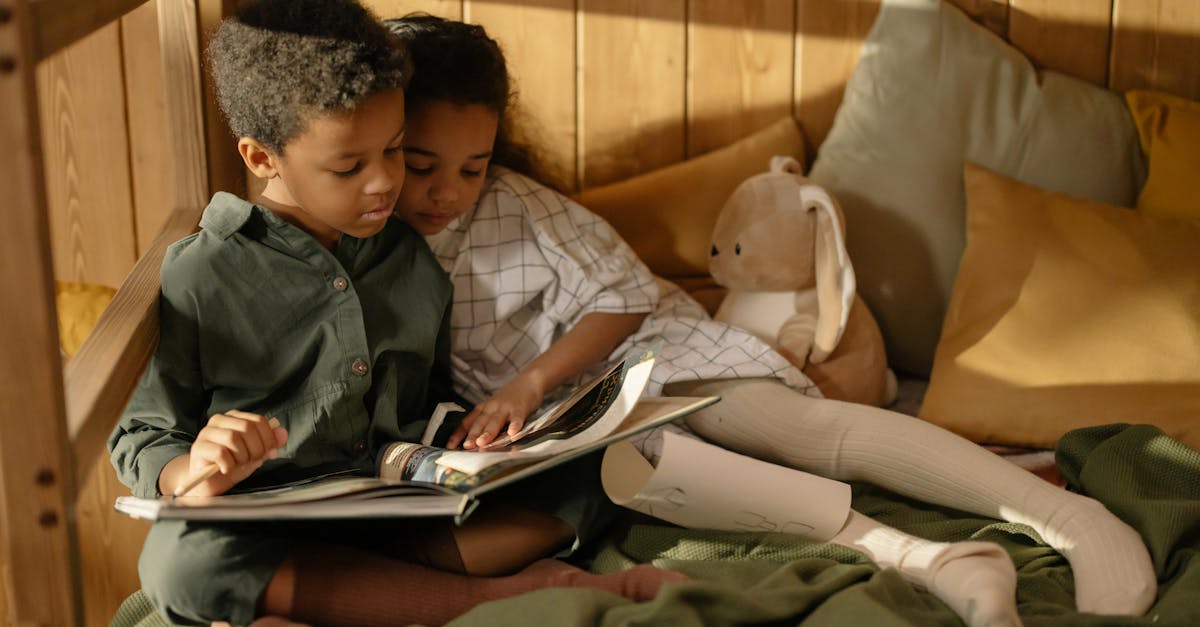Understanding AI in Early Learning
Have you ever wondered how AI can help in early childhood education? AI for young learners is a game-changer, bringing innovative methods to traditional teaching. Imagine your child’s face lighting up as they interact with fun, AI-driven learning tools that adapt to their needs. These tools don’t just make learning fun; they cater to individual learning speeds and preferences. Those ‘aha!’ moments when a child understands a new concept? They’re priceless, and AI technology can create many of those! It’s like having a personal tutor who knows exactly how to teach your child best.
Link to Image:

AI in early learning opens up a world of possibilities for young minds, revolutionizing education in ways we could only imagine before. Embracing AI in education means embracing personalized, effective learning experiences for children everywhere.
The Benefits of AI for Young Minds
So, what’s the big deal with AI in education? For starters, AI-driven tools provide personalized learning experiences that traditional methods can’t match. Think about it: each child learns differently, and AI can adapt lessons to suit individual learning styles. Interactive apps can teach math, reading, and even coding with a level of engagement that textbooks can’t compete with. Not only does this boost learning outcomes, but it also builds confidence. Ever seen a child master a challenging game level? The same pride and excitement apply when they conquer a tricky math problem with an AI tutor’s help.

AI in education opens up a world of opportunities for young minds, making learning more dynamic, interactive, and tailored to individual needs. It’s not about replacing teachers; it’s about enhancing the learning experience and preparing students for the future.
Practical Tips for Parents
As a parent, you might be wondering how to incorporate AI into your child’s learning routine. Start small with age-appropriate AI learning apps. Set a schedule that balances screen time with other activities. Encourage your child to ask questions and explore topics that interest them. Most importantly, join them in the adventure. Your involvement can make a significant difference. Remember, it’s not about replacing traditional learning but enhancing it with a bit of digital magic. So, next time you pick an app, make sure it’s engaging and educational!

Addressing Emotional Challenges
Introducing AI to young learners isn’t always smooth sailing. Some kids might feel overwhelmed by new technology. It’s essential to be there for your child during these times.
Talk openly about their feelings and reassure them that it’s okay to make mistakes and learn at their own pace. Encourage breaks and downtime to avoid burnout. Turning learning into a game can also help. Laughter and fun are powerful tools to ease anxiety. After all, if it’s not a little fun, we’re doing something wrong!

Success Stories: Real Kids, Real Results
Every child is unique, and so are their learning journeys. Take the case of seven-year-old Mia, who struggled with reading. Her parents introduced her to an AI reading app that adjusted to her pace and provided instant feedback. Within months, Mia’s reading improved dramatically, and so did her confidence.
Then there’s Jake, a math whiz who found traditional classes boring. An AI learning tool challenged him with advanced problems, keeping him engaged and excited about learning. These stories aren’t rare—many parents are seeing similar results with AI tools.
 By presenting these success stories, we witness how technology can positively impact a child’s learning experience and boost their confidence. It’s truly inspiring to see real kids achieving real results with the help of innovative tools.
By presenting these success stories, we witness how technology can positively impact a child’s learning experience and boost their confidence. It’s truly inspiring to see real kids achieving real results with the help of innovative tools.
Join the Conversation
What are your experiences with AI and your kids’ learning? Share your stories and tips. Let’s create a supportive community and help each other out. Your insights might inspire another parent who’s on the fence about incorporating AI into their child’s education. After all, sharing is caring!
Comment below with your thoughts, questions, or just a funny anecdote about your kid’s adventures in learning. We’re all in this together and can learn so much from each other. Can’t wait to hear from you!

